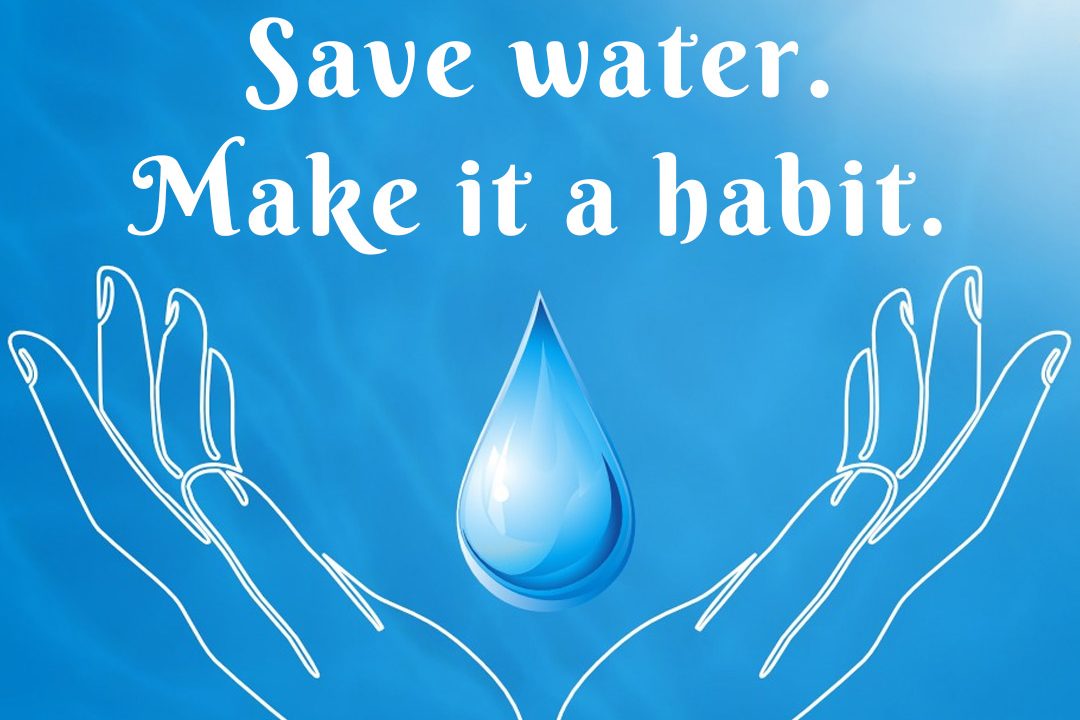In today’s world, where environmental consciousness is more important than ever, learning how to build a habit of using less water is not just a personal choice but a global necessity. Water, although abundant, is a finite resource, and its conservation is crucial for sustainable living. This article will guide you through practical steps to reduce water usage and help you understand how to be happy with less stuff, emphasizing a minimalist and eco-friendly lifestyle.
Understanding Water Usage
The Importance of Water Conservation
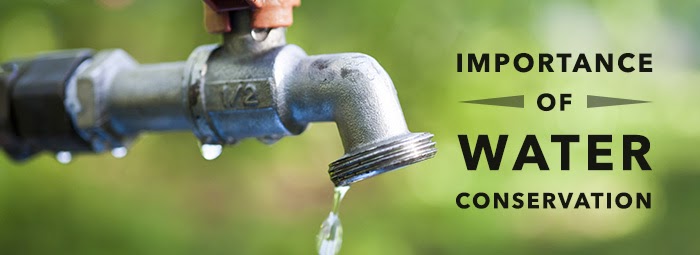
Water conservation is essential for several reasons:
Environmental Protection: Reducing water usage helps protect our ecosystems and preserves natural resources for future generations.
Cost-Effective: Using less water can significantly reduce utility bills, making it a financially smart decision.
Sustainability: Conserving water ensures its availability for essential purposes like drinking, agriculture, and sanitation.
Evaluating Your Water Footprint
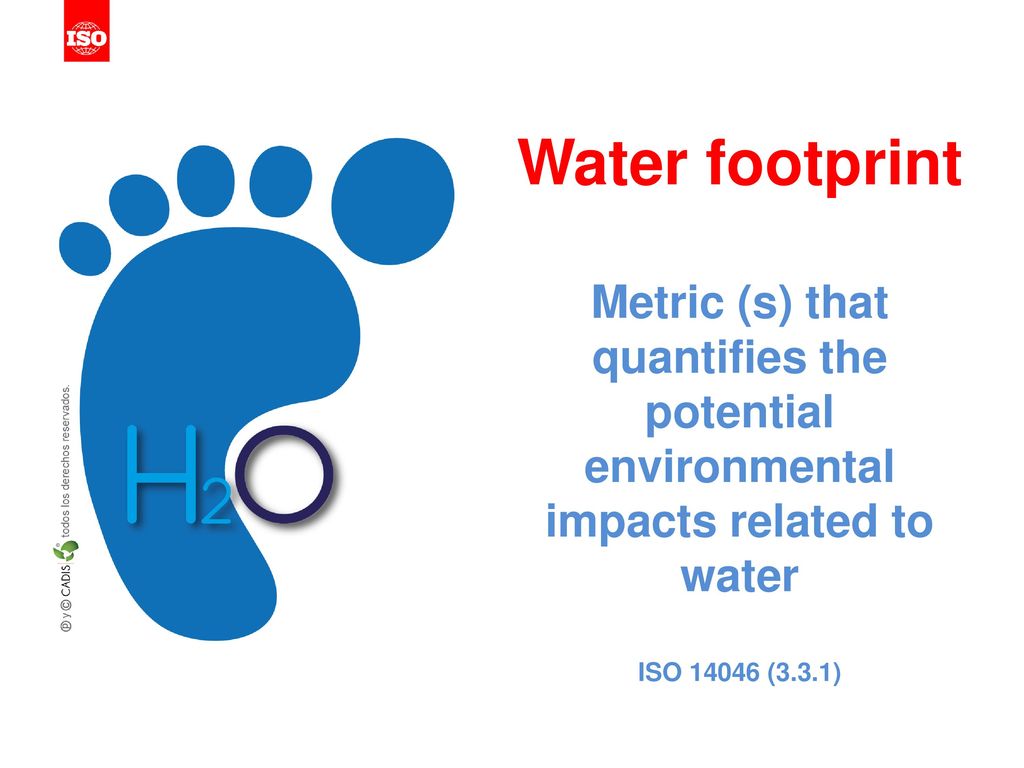
Before making any changes, it’s important to understand your current water usage. Analyze your daily activities that involve water, such as showering, washing dishes, or gardening. This will help you identify key areas where you can cut back.
Practical Tips for Reducing Water Usage
In the Bathroom
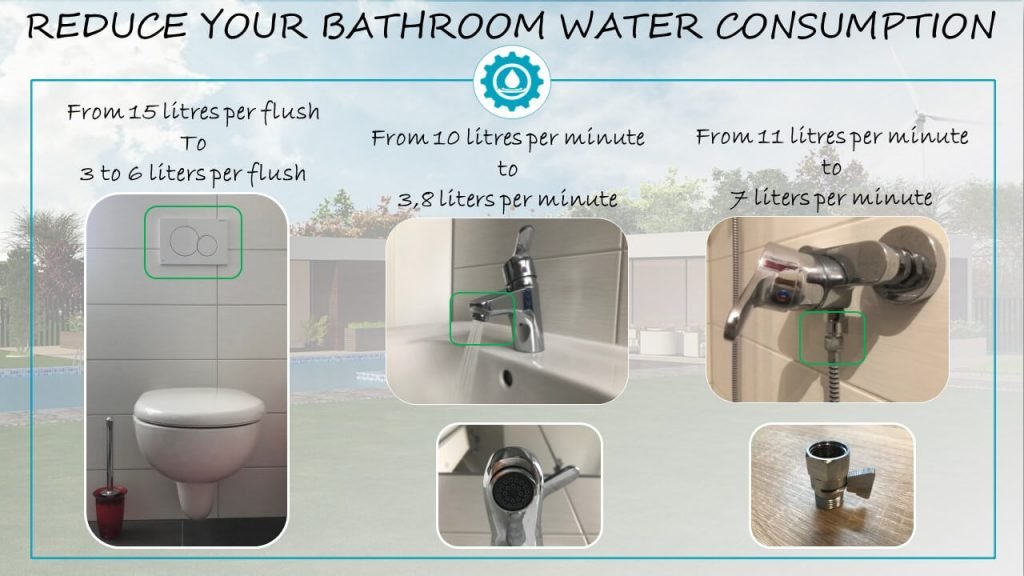
- Shorter Showers: Limit your showers to 5-7 minutes. Consider installing a low-flow showerhead to reduce water usage further.
- Fix Leaks Promptly: A dripping faucet can waste a significant amount of water over time. Regularly check for leaks and repair them promptly.
In the Kitchen
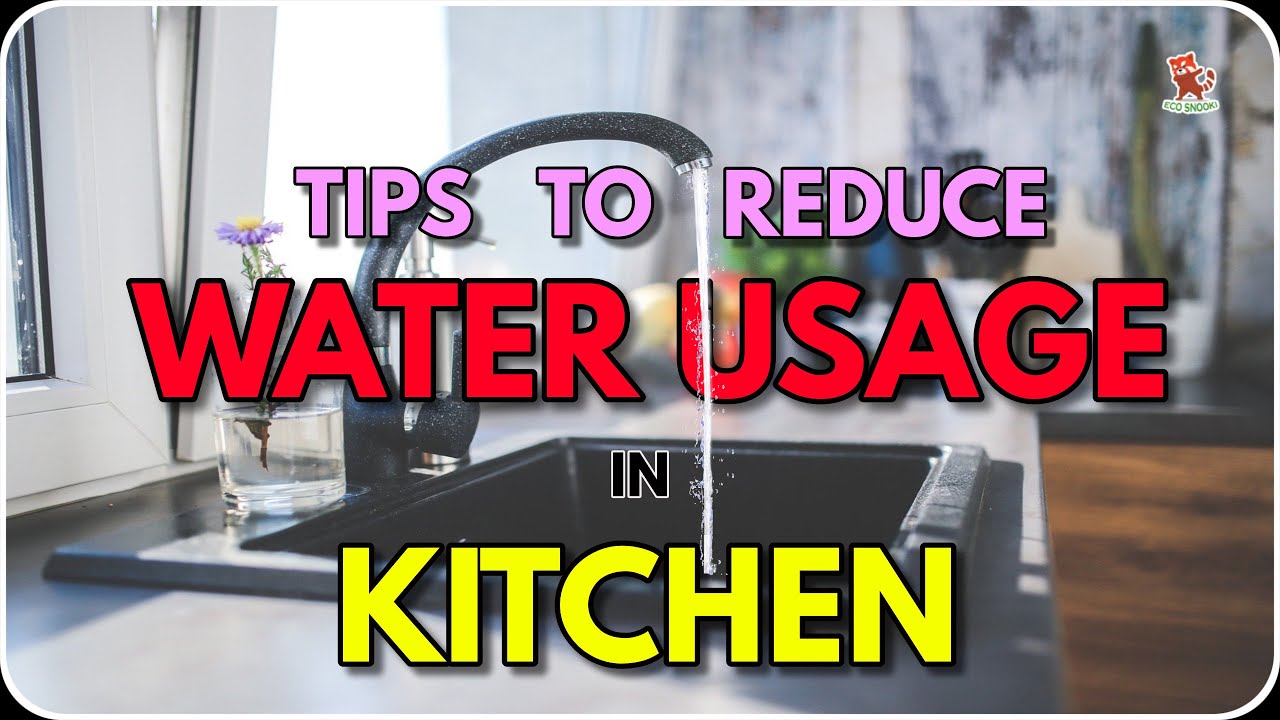
- Efficient Dishwashing: Instead of running water continuously, fill one sink with wash water and the other with rinse water. Or use a dishwasher, which can be more water-efficient than hand washing.
- Mindful Cooking: Use only the required amount of water for cooking. Steaming vegetables instead of boiling them can save water.
In the Garden
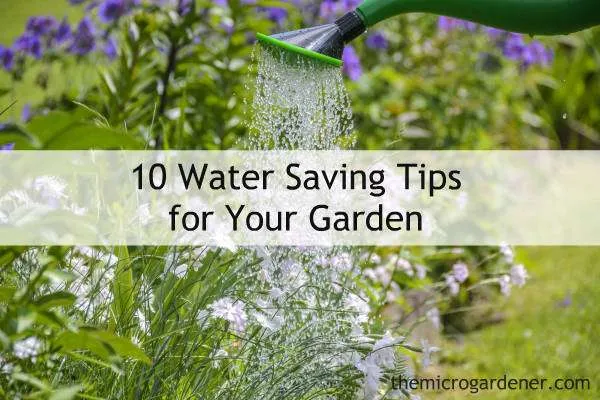
- Drought-Tolerant Plants: Choose plants that require less water. This not only saves water but also reduces maintenance.
- Rainwater Harvesting: Collect rainwater for watering your garden, which is a sustainable and cost-effective method.
Lifestyle Changes
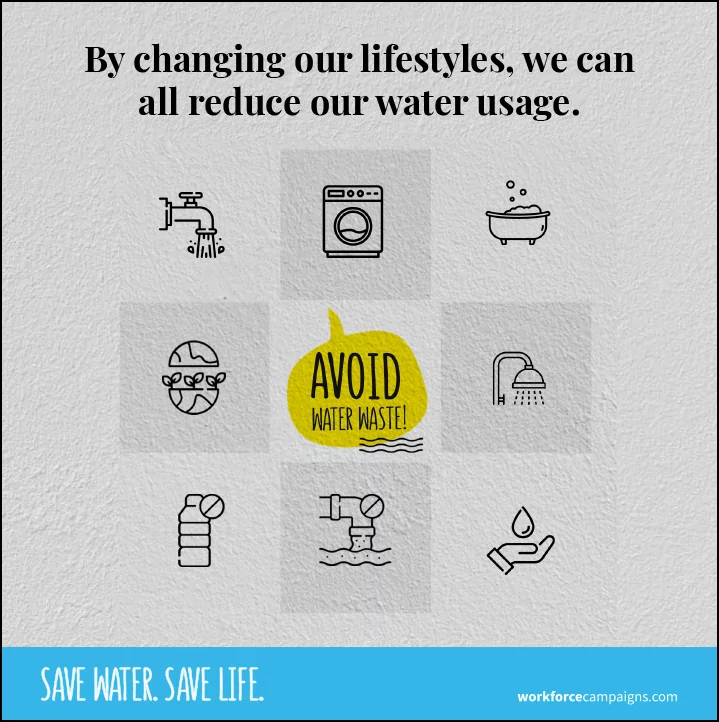
- Laundry Habits: Only run full loads in your washing machine. Consider upgrading to a high-efficiency model.
- Mindful Consumption: Purchase products that require less water to produce. For example, opting for a digital newspaper subscription over a printed one.
Benefits of Minimalist Living

Embracing a minimalist lifestyle by learning how to be happy with less stuff can significantly contribute to water conservation. By owning fewer things, you naturally use less water for cleaning and maintenance. Minimalism also encourages mindful consumption, which has a positive impact on the environment.
Embracing Change for a Sustainable Future
Making Water Conservation a Habit
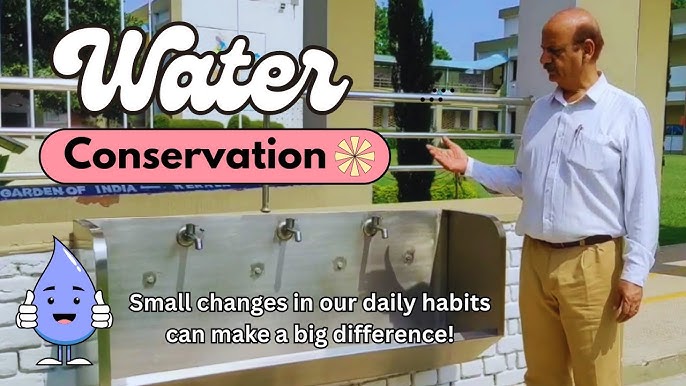
Developing a habit takes time and consistency. Here are some strategies to make water conservation a part of your daily life:
- Set Clear Goals: Start with specific, achievable goals like reducing shower time or fixing leaks within a week.
- Track Progress: Keep a record of your water usage to monitor your progress and stay motivated.
- Educate and Involve Others: Share your journey with family and friends. Educating others can amplify your impact and provide additional motivation.
Overcoming Challenges

Adopting new habits can come with challenges. You might face inconvenience initially, or struggle to stay consistent. Overcome these challenges by:
- Reminding Yourself of the Benefits: Regularly remind yourself why you’re making these changes – for financial savings, environmental protection, and a sustainable future.
- Seeking Support: Join online communities or local groups focused on sustainability to stay inspired and get practical tips.
Advanced Water Conservation Techniques
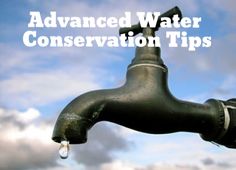
Once you’ve mastered the basics, consider more advanced techniques like:
- Installing Rainwater Harvesting Systems: These systems can be an excellent investment for long-term water conservation.
- Upgrading to Water-Efficient Appliances: Look for appliances with the EPA’s WaterSense label for maximum efficiency.
The Role of Minimalism in Water Conservation
Minimalism isn’t just about owning less – it’s about intentional living. By focusing on what’s essential, you naturally reduce consumption and waste, including water. Here’s how minimalism can play a role:
- Mindful Purchasing: Every product has a water footprint. By buying less and choosing eco-friendly products, you reduce your indirect water usage.
- Decluttering and Donating: As you embrace minimalism, declutter responsibly. Donate items so they can be reused, reducing the need for new products and the associated water usage.
Resources for Further Learning
To deepen your understanding and commitment, explore these resources:
- Books: Look for books on water conservation and minimalist living. They can provide valuable insights and practical advice.
- Documentaries: Educational documentaries on these topics can be both inspiring and informative.
- Online Courses: Consider taking a course on sustainability or environmental conservation.
Expanding Your Impact Beyond Personal Habits
Community Engagement and Advocacy
After mastering personal water conservation habits, you can amplify your impact by engaging with your community and advocating for sustainable practices:
- Volunteer for Local Environmental Causes: Join local cleanups, tree planting events, or conservation projects.
- Educate Your Community: Host workshops or talks on water conservation and minimalist living.
- Advocate for Policy Changes: Support legislation that promotes water conservation and sustainable practices.
Leveraging Social Media
In today’s digital age, social media is a powerful tool for spreading awareness:
- Share Your Journey: Post about your water conservation efforts and how you’re learning to be happy with less stuff.
- Create Engaging Content: Use blogs, videos, or infographics to educate others about the importance of water conservation.
- Collaborate with Influencers: Partner with social media influencers who are passionate about environmental issues to reach a wider audience.
Long-Term Commitment to Sustainability

Continuous Learning and Adaptation
Sustainability is an evolving field. Stay informed about new technologies, methods, and practices in water conservation:
- Attend Seminars and Conferences: These events can provide new insights and networking opportunities.
- Subscribe to Sustainability Blogs and Newsletters: Keep up-to-date with the latest developments in the field.
Balancing Water Conservation with Overall Sustainability
It’s important to balance water conservation with other aspects of sustainability, such as energy efficiency and waste reduction. Adopt a holistic approach to ensure that your efforts are well-rounded and impactful.
Reflection and Mindfulness

Reflecting on Your Journey
Regularly reflect on your journey. Ask yourself:
- What have I learned?
- How have my habits changed?
- What impact have I made on my environment and community?
Mindfulness in Everyday Life
Practicing mindfulness can deepen your understanding and appreciation of a minimalist lifestyle. It helps in making conscious choices that align with your values of sustainability and conservation.
Embracing a Global Perspective
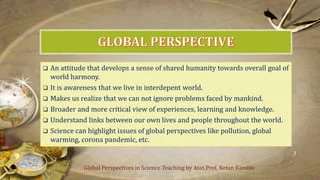
Understanding Global Water Issues
While individual efforts are crucial, it’s equally important to recognize the global challenges related to water scarcity and conservation:
- Global Water Crisis Awareness: Educate yourself about water-related issues in different parts of the world. This can offer perspective and deepen your commitment to water conservation.
- Supporting International Efforts: Consider supporting international organizations working towards water conservation and access to clean water.
Cultural Exchange and Learning
Learning from other cultures and their approaches to water conservation can be enlightening. Engage in cultural exchanges or follow international forums to gain insights into diverse water conservation practices.
Nurturing a Community of Conservationists
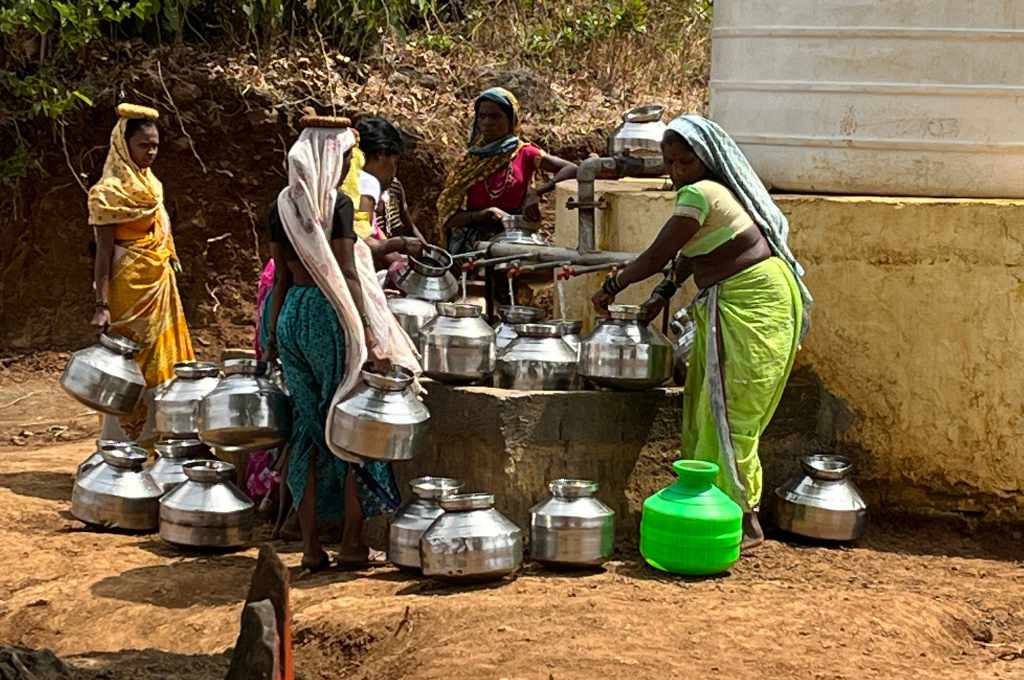
Building a Local Network
Create or join a network of like-minded individuals in your community. This can provide a support system for sharing resources, ideas, and encouragement.
Organizing Community Initiatives
Take the lead in organizing community initiatives such as group challenges to reduce water usage, community gardens that use water-efficient techniques, or local awareness campaigns.
Integrating Technology in Water Conservation
Smart Home Technologies
Utilize smart home technologies that help in monitoring and reducing water usage. Products like smart irrigation systems, water leak detectors, and efficient appliances can make a significant difference.
Apps and Online Tools
There are various apps and online tools available that can help track water usage, provide tips for conservation, and even gamify the process of reducing water consumption.
The Power of Storytelling

Sharing Success Stories
Share your success stories and those of others. This can be through blog posts, social media, community newsletters, or local media. Stories have the power to inspire and motivate others.
Documentaries and Films
Consider creating or supporting documentaries and films that highlight the importance of water conservation and the impact of minimalist living.
Continuous Personal Growth
Setting New Goals
As you progress, continuously set new and challenging goals for yourself and your community in terms of water conservation and sustainable living.
Lifelong Learning
Commit to lifelong learning. Attend workshops, enroll in courses, and read extensively on subjects related to environmental sustainability, water conservation, and minimalism.
Conclusion
Remember, the journey to how to build a habit of using less water is not just about individual actions; it’s about contributing to a larger cause. Your efforts, combined with those of others, can lead to significant environmental benefits. As you learn how to be happy with less stuff, you’ll find that this minimalist approach extends beyond material possessions and into a more thoughtful and sustainable way of living. Your efforts, both big and small, contribute to a larger movement towards environmental stewardship. Remember, every action counts, and your journey can inspire others to follow suit.
